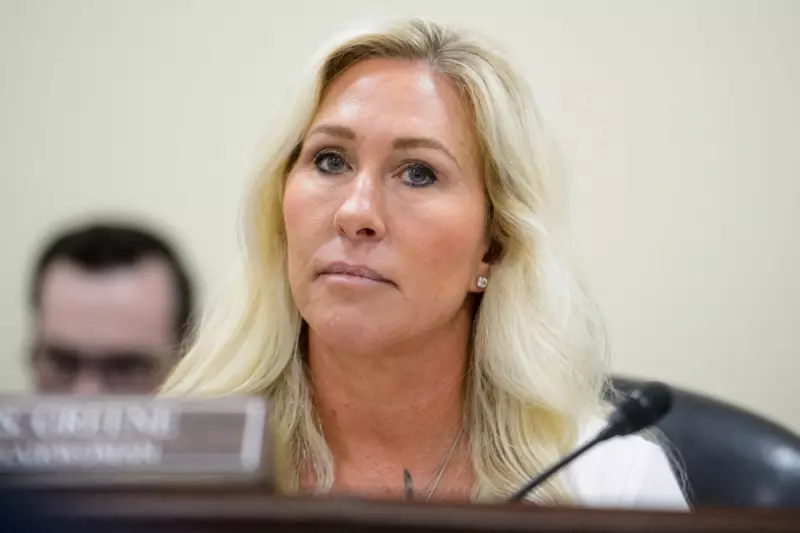
Republican firebrand Marjorie Taylor Greene has ignited a fresh political inferno, drawing severe condemnation for her latest comments on the Israel-Gaza conflict. The Georgia congresswoman provoked outrage by asserting on social media that the entire Gaza strip should be "bull-dozed flat", a remark widely denounced as a shocking escalation of rhetoric.
The controversy erupted during a public dispute with far-right activist Laura Loomer. In a now-deleted post on X, Greene doubled down on her position, stating: "That’s exactly what should happen to it. And I don’t care how that sounds. This is a war and they are the aggressors."
A chorus of condemnation
The response from political figures and advocacy groups was swift and severe. Democratic Congressman Dan Goldman led the charge, accusing Greene of employing "genocidal language" and invoking deeply anti-Semitic tropes with her choice of words.
"This is not just inflammatory rhetoric," Goldman stated. "It’s the kind of dangerous language that has historically preceded unthinkable violence. To suggest bulldozing an entire territory and its population is beyond the pale."
Historical echoes and modern concerns
Watchdog groups were quick to highlight the disturbing historical parallels in Greene's language. The Anti-Defamation League and other organisations pointed out that the specific terminology of "bull-dozing" populated areas carries terrible historical weight, particularly in the context of anti-Semitic discourse.
This incident represents another chapter in Greene's history of controversial statements. Despite her recent attempts to position herself as a more mainstream Republican figure, allies of former President Donald Trump, this episode suggests a return to the inflammatory rhetoric that has characterised her political career.
The timing is particularly sensitive, coming during ongoing fragile ceasefire negotiations and heightened tensions in the region. Critics argue that such language from a sitting member of Congress not only undermines diplomatic efforts but also potentially endangers lives by further inflaming an already volatile situation.





